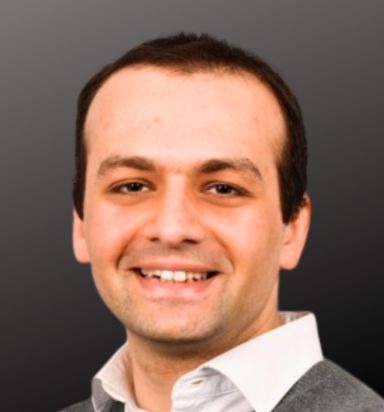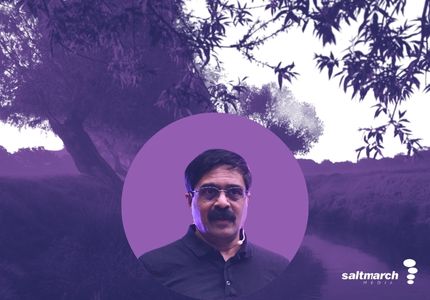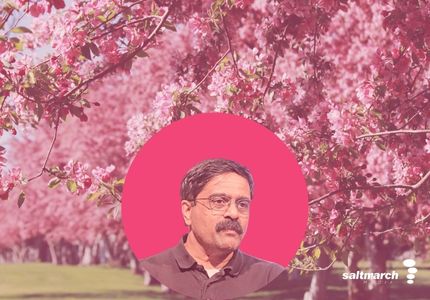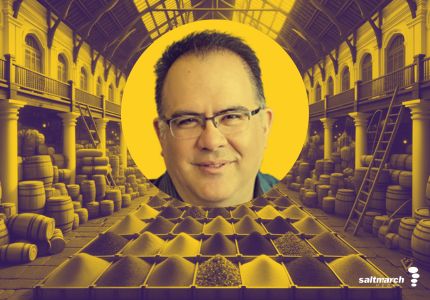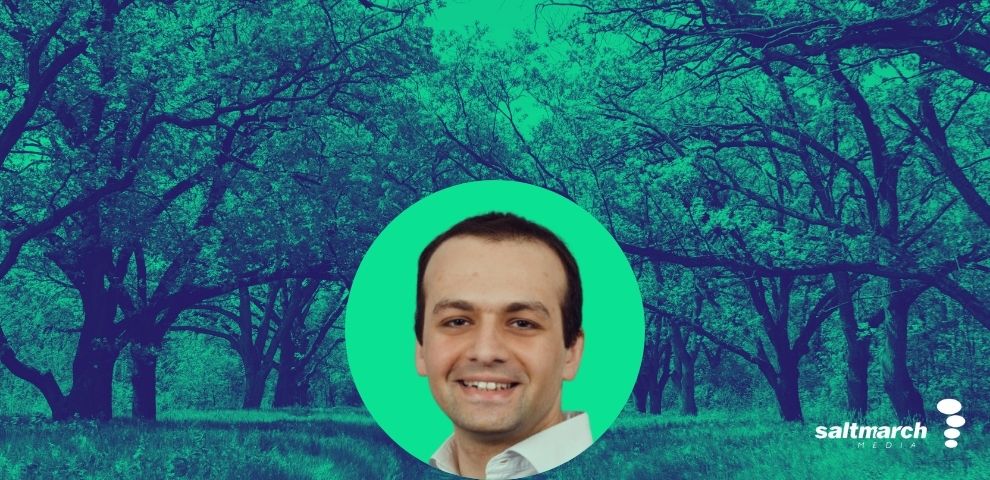
< session />
Escaping Developer Nightmares: DORA Edition
Wed, 23 April
Have you been working on legacy projects with outdated codebases, suboptimal documentation, and reliance on obsolete technologies? Have you been told that fixing these issues is "gold-plating" or simply too much work? You are not alone!
This presentation draws from my experiences as a tech lead and software reviewer, highlighting the common challenges of dealing with legacy systems and the long-term impact of neglecting them. We will explore the importance of adopting modern development practices such as static analysis, CI/CD pipelines, and adherence to the DORA principles (as outlined by dora.dev), to effectively maintain and enhance legacy codebases.
Using real-life examples, this session will show how to incorporate these strategies to better manage legacy projects, ensuring their continued usability, improving performance, and reducing the risk of costly errors.
Target Audience: This session is aimed at Software Engineers, Tech Leads, and DevOps Engineers working on legacy systems, looking to modernize their workflows and apply DORA principles. Engineering Managers will also benefit from understanding the business case for improving legacy codebases with modern practices, reducing long-term technical debt, and improving team efficiency.
< speaker_info />
About the speaker
Rustam Mehmandarov
Passionate Computer Scientist
Rustam is a seasoned computer scientist, Chief Engineer, and Competency Network Coordinator for IT architecture and integration, known for his commitment to community building and his active role in developer networks worldwide. As a Google Developer Expert (GDE) for Cloud, Java Champion, course instructor, and frequent speaker, Rustam shares his expertise in agile development, architecture, and web technologies across numerous platforms. With over fourteen years of experience as a developer, lead programmer, and architect, he has been instrumental in organizing and mentoring within Java User Groups (JUGs), Google Developer Groups (GDGs), and as a leader and board member of javaBin, the Norwegian Java User Group.
